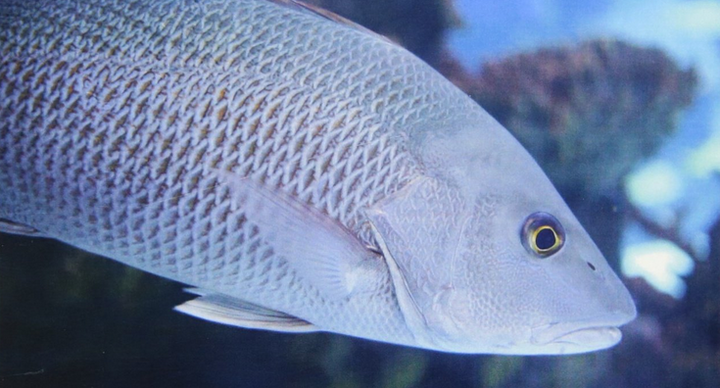Polyploidy in Fish - Principles, Importance and Applications in Main Marine Aquaculture Species

Abstract
In the important aquaculture farmed species (fishes, molluscs, crustaceans), controlling reproduction is important because of the negative effect of the sexual maturation on the growth of the animals, the survival, but also its organoleptic features. To overcome the downsides of the sexual maturation, sterility can be induced via polyploiditism such as auto-triploidization and allotriploidization from tetraploids. Moreover a triploid stage can bring beneficial advantages over diploid fishes. This paper aims to review basic principles in ploidy manipulation for aquaculture, with emphasis on Salmonids, Sturgeons, and Groupers.
Type
Publication
Unpublished (1)
To access to the paper - click the PDF button above.